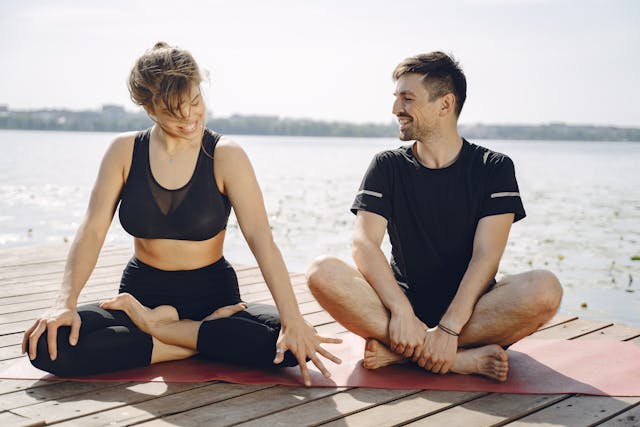Recovery from addiction isn’t exactly as simple as many people think it is. It is actually quite a complex process that requires a great deal more than mere abstinence from substances. It is a path toward regaining health, which includes physical, emotional, and mental renewal. Though therapy and support groups provide a foundation for recovery, exercise is often overlooked. Yet, physical activity actually is a powerful tool that could significantly boost one’s mental health and improve recovery.
Releasing Feel-Good Chemicals
Exercise impacts brain chemistry relating to mood; such exercises from light physical activity to intense physical exertion release your body’s endorphins, the so-called “feel-good” chemicals. These endorphins interact with receptors in your brain, diminishing sensations of pain and producing feelings associated with pleasure-what is sometimes called a “runner’s high.” For those in recovery, these can be healthy alternatives to the unnatural highs created by substances. Many treatment centers for addictions will have patients incorporate exercise into their routines as a means of mood regulation and taking the psychological bumps off during early stages of recovery.
Reducing Stress And Anxiety
Arguably the most prominent obstacle of mental health while recovering is stress and anxiety management, which typically serves as a trigger for substance use. Aerobic exercises are natural stress reducers; they reduce cortisol levels in the body, which is the major stress hormone. Other great activities such as yoga, walking, and strength training allow the nervous system to relax and respond much better in the presence of stressors. Besides, it distracts the mind and serves as a healthy outlet wherein people in recovery can channel their energy and emotions.
Quality Sleep Improvement
Sleep disturbances are one of the most common complaints of people in recovery, especially during the early stage. Poor sleep worsens mental health conditions like depression and anxiety, making recovery much more difficult. Physical activity can contribute greatly to an improvement in sleep quality. Physical activity increases the temperature of the body’s core, and when it cools down through exercise, the body signals to the brain that it is time to go to sleep. Regular physical activity can also enhance the regularity of circadian rhythms, thereby making it easier to fall into a pattern of healthy sleep.
Building Confidence And Self-Esteem
Recovery can often leave a person wracked with guilt and a lack of self-worth. Exercise allows one to regain that confidence through real and tangible progress. Reaching and setting fitness goals-whether it be running a mile, lifting weights, or completing a yoga class-can build a sense of accomplishment. This newfound confidence carries over into other areas of life, better equipping the individual to take on emotional and psychological challenges thrown their way in recovery.
Creating Structure And Routine
Addiction disrupts daily life and erases any semblance of routine; exercise aids in establishing a structured schedule and provides consistency that might be important during recovery. Adding physical activity to one’s daily schedule gives them a positive anchor and cuts down on a lot of the idle time spent that may result in negative activities or cravings. A predictable schedule around self-care brings about stability, which is extremely important for mental and emotional health.
Nurturing Social Bonds
The process of recovery can be very lonely, whereas exercise can create avenues for interaction with and meeting others. The social relationships forged through gym membership, fitness classes, and group sports will bring into their orbit positive individuals who can prove to be very encouraging and supportive environments, stimulating those involved in many ways.
Encouraging Long-Term Benefits
The benefits of exercises are much bigger than in the recovery period only. Long-term regular physical activities strengthen both the body and the mind of an individual, thereby preventing recidivism. Moreover, it offers ways to cope with stress and emotional challenges more healthily. Regular physical activities reinforce continuous mental health and further develop the structures developed during treatment.
Exercise-inclusive recovery is not only good for physical health but also can be life-changing in terms of approach and emotional and psychological addiction. In particular, exercise has an endless list of benefits, which include improving mood, reducing stress, developing confidence, and offering a structured way to improve one’s mental health during and after recovery. While alcohol therapy and treatment centers are very important, physical activity is the complementary power that enables one to take his life back and thrive in all aspects of his sober life.

